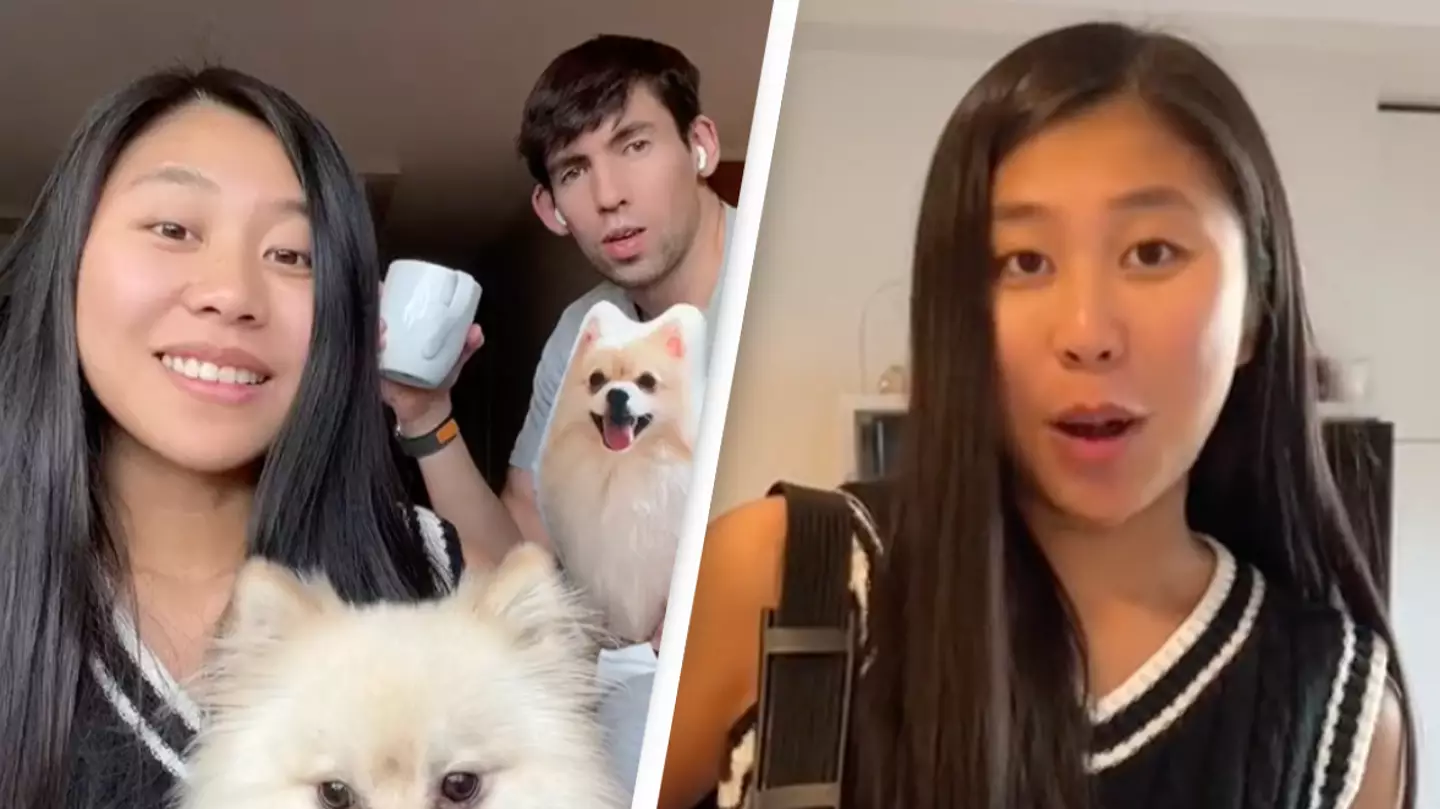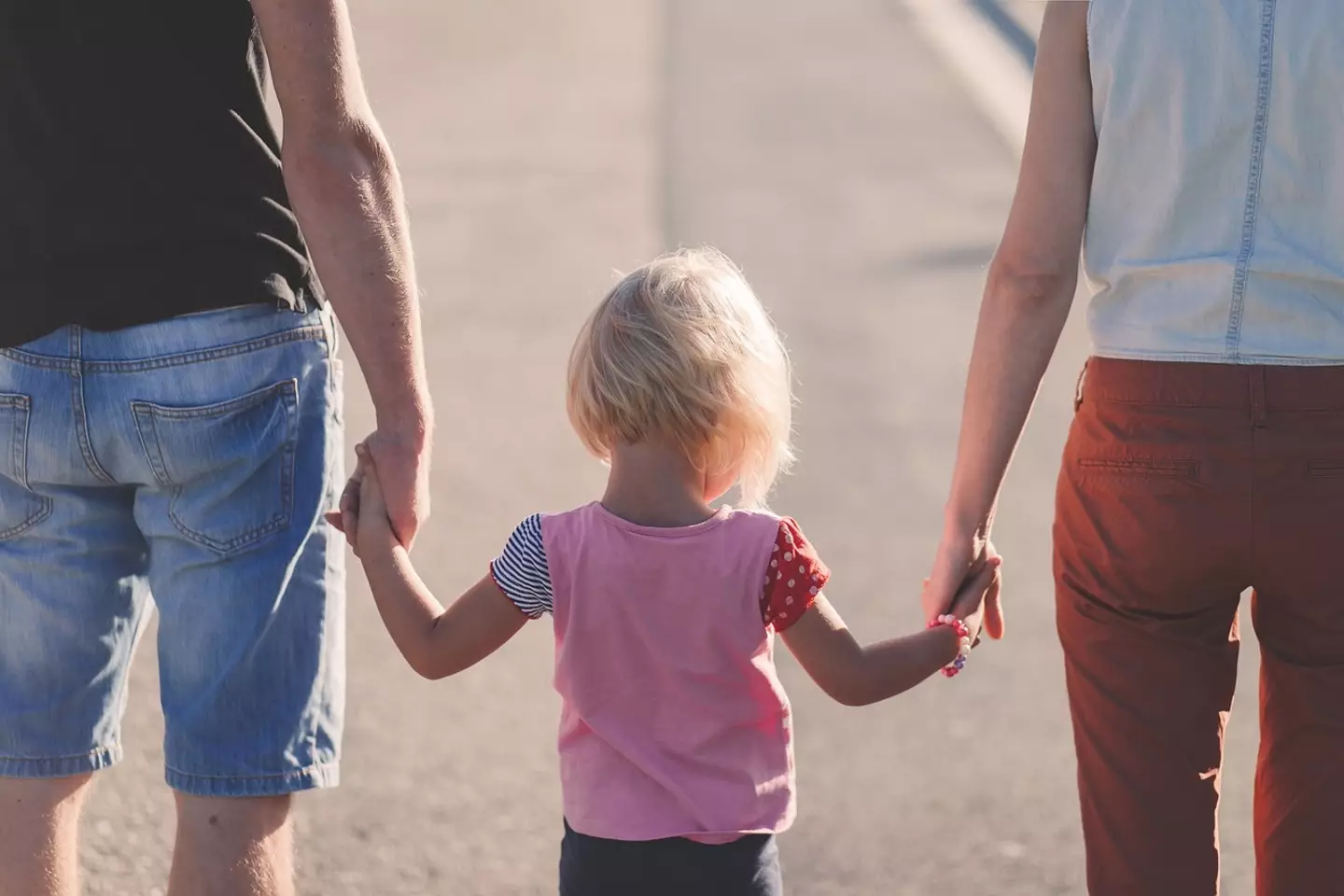
DINK. It sounds like could be a reference to something tiny and twee, or perhaps even an insult. But it's actually a term for couples - one people are happily embracing.
You might be familiar with the acronym 'DINK', or perhaps you've heard the same relationship referred to as 'TWINK' or 'DINO'.
There's also 'DINKWADs' and 'SINKs' - but don't worry if you're starting to feel like a grandma trying to figure out young-person text language. As someone in a DINK relationship myself, I'm here to explain them all.
Advert
'DINK' stands for 'dual income, no kids'. Alternatively there's 'twin income', and 'no offspring' - but basically, if you and your partner live together, you both have jobs and you don't have any kids, then you're in a DINK relationship.
It's probably safe to say that the majority of people in these kinds of relationships will have been asked about their plans to have kids at one point of another, but while some can't wait to start a family, others simply don't want to, or just aren't ready yet.
Despite the fact that the decision whether or not to have children is absolutely no one's business but your own, choosing to live happily in a DINK relationship can attract some criticism from people who believe couples could be doing more.

Zachary P. Neal, a psychology professor at Michigan State University who studies child-free adults, told The Wall Street Journal: "It has been for a very long time a sort of stigmatized category.
Advert
"There are all sorts of stereotypes - things like… they’re self-absorbed, they have no stake in the future, they’re too focused on their career.”
With these stereotypes in mind, a number of couples have now spoken out about their lifestyles, explaining in an interview with The Journal just why they love being part of a DINK.
Brenton and Mirlanda Beaufils, who are both in their 30s, have described enjoying their child-free lives as they 'go where the wind blows', while professional photographer Norelle explained that not having kids has allowed her to better care for her mom.
After her mom raised her as a single parent, Natalie has given her mom a new washer and dryer, house floors, an almost-new Toyota RAV4 and more.
Advert
Natalie Fischer, a content creator, explained why she loves being in a dual-income relationship as she said: "Being DINKs means we just have a lot of freedom, time and money."

Natalie and her husband, Keldon, both have six-figure salaries, and last year managed to travel nearly every other month, visiting countries including Italy, Mexico, Thailand and Finland.
It sounds like a dreamy lifestyle, but Fischer pointed out that being in a DINK relationship doesn't mean you'll never have kids.
Advert
She explained: “I know that once I have a kid I will have to assume a lot of the caregiving responsibility and work less.”
To keep up with the idea that relationships can change, there are a number of other acronyms to cover all the bases.
If you're in a DINK relationship with a dog, you're a 'DINKWAD'. A SINK stands for 'single-income, no kids, and DINKY means 'dual income, no kids yet'.
Social media users have been embracing the acronyms online, with Neal explaining: “As some people start to openly identify as child-free, it creates an environment more open and welcoming.”
Advert
However, if there is still any stigma attached to the lifestyles, there is one thing to keep in mind. Holly Hummer, a Harvard University Ph.D. candidate who studies women without children, pointed out: “We’re all sort of a SINK or a DINK for a portion of our lives."
Topics: Sex and Relationships, Money, Life